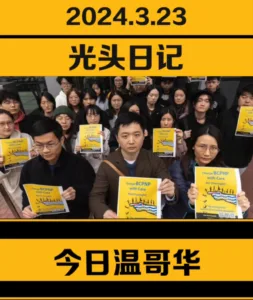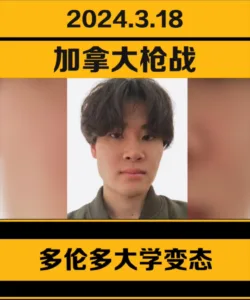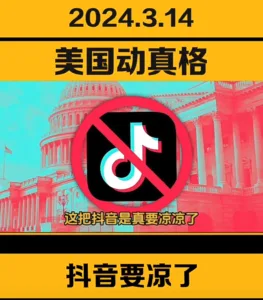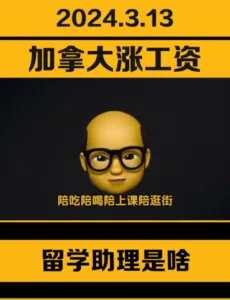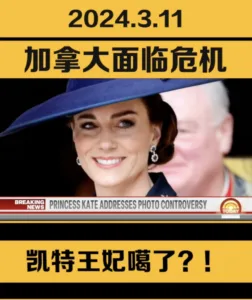The bustle of business returned to Urumqi this morning, but the rage and terror felt by residents of the western Chinese city where 156 people were killed in riots this week was underscored by a massive influx of paramilitary.
今早,喧闹的商贸活动又回到了乌鲁木齐,但是在这周有156人被害的城市里,大规模调入的武警部队印证了居民的愤怒和恐慌。
The leadership had clearly decided that shock and awe were necessary to ease the fears of Han Chinese attacked by ethnic Muslim Uighurs on Sunday and to calm their yearning for revenge as well as to prevent a renewed uprising by the Turkic-speaking minority.
The city’s communist Party chief Li Zhi has vowed to impose the death penalty on those convicted to the most serious crimes and the number of troops on the city’s streets appear at least to have doubled from yesterday, when the official number of security forces that poured into Urumqi was given as 20,000.
该市的党委书记栗智发誓要让那些被确认有严重罪行的罪犯得到死刑的惩罚。市区街道上的军队人数至少比昨天加倍。官方公布的维持治安的军队人数为2万。
As morning dawned over the capital of the westernmost region of Xinjiang, columns of trucks loaded with paramilitary People’s Armed Police paraded slowly down city centre streets. Leading the display of force were two black land cruisers, their sirens wailing. These were followed by trucks in pairs, each loaded with dozens of fully armed security forces. The column included white armoured personnel carriers, water cannon trucks and vans equipped to fire tear gas.
Some trucks in the convoys were emblazoned with slogans such as “Smash the separatists” and “Bring peace to the city”. One witness counted 60 sets of trucks driving two abreast before losing count.
One column took 25 minutes to drive by. Another continued without a break for about 40 minutes. It was impossible to know how many paramilitary and troops have now been deployed into the city of 2.3 million, scene of what the government has described as the worst riots in 60 years of Communist Party rule.
Officials have put the death toll at 156, of whom 33 are believed to be Uighurs and the rest Han Chinese who were stabbed, hacked and burnt to death by marauding Uighur mobs late on Sunday. Some 1,100 people were injured. The city’s Communist Party chief, Li Zhi, has vowed to impose the death penalty on those convicted of the most serious crimes.
官方给出的死亡人数是156人。据信其中33人是维族,其他都是汉族民众。他们被乌鲁木齐流动的暴民用刀捅死、砍死或被烧死。大约1100人受伤。
The regional People’s Procuratorate said: “For a few criminals who took part in the killing and rioting, we will investigate, arrest and bring charges with the utmost severity and the utmost speed.” That is likely to ensure many of the more than 1,500 people arrested already are swiftly brought before the courts and could receive the maximum terms for the crimes with which they are charged.
Government offices reopened after a three-day holiday declared by the authorities after the riot. Buses appeared to be running as normal and traffic was on streets. Shops started to reopen.
But many people were still nervous. One newspaper seller said: “I don’t think they are doing enough yet. After all, it’s not as if the wife of Wang Lequan was among the dead,” she said, referring to the Communist Party leader of the region.
Shi Guanzheng, a retired teacher originally from Shanghai, dared not venture too far despite the heavy security presence. He blamed the government for failing to quickly quell protests by Han Chinese, the country’s predominant ethnic group, on Tuesday, when they thronged parts of the city demanding revenge against Uighurs.
Shi Guanzheng是一个退休的老师。他原籍是上海。尽管介绍保安人员到处可见,他也不敢离家太远。他指责政府没有迅速制止周二汉人的抗议。汉族是这个国家的具有优势的族群。当时这个城市的民众要向维族复仇。
“That should never have happened. It should have been nipped in the bud.
The killings of innocent people is never justified, but now both sides are so filled with emotion that the repercussions will last a long time,” he said.
“这一切都不该发生。应该被消灭在萌芽之中。
杀害无辜民众是永远不会被原谅的。但目前双方充满情绪,影响将是长远的。”他说。
“I’m scared about what will happen when the People’s Armed Police have to leave. It’s not about tomorrow or the next day. It’s about next month or after. What then?” But the government is showing it is determined to quell this latest outburst of ethnic unrest, while ensuring the security forces exercise restraint.
“我害怕总有一天解放军会不得不离开这里。这不会是明天的事,也许是下月或更晚些。那时怎么办?”。但是政府已经表示将制止这最近的民族暴乱,同时保证治安部队将保持克制。
On Wednesday, Chinese President Hu Jintao abandoned the G8 summit in Italy to fly home to Beijing in a move that demonstrated to his people concerns among the leadership to maintain ethnic unity in a country of 56 ethnic groups.
He was likely to have determined that his presence at meetings of the all-powerful Politburo Standing Committee and of the Central Military Commission, both of which he heads, was essential to ensure smooth decision-making in a system that endows one man with far-reaching power.
Such a decision to cut short an international trip is unprecedented by a Chinese leader in recent years and underscores the importance that President Hu assigns to ethnic matters since he is, after all, a leader who has made harmony his policy watchword. His move sends a strong message to Chinese of the gravity of matters in Xinjiang while reassuring his people that their top leader is in control.
Jean-Pierre Cabestan, professor of political science at Hong Kong Baptist University, said: “It shows that no important decisions can be taken without him – he is the only link between civil and military power.”


